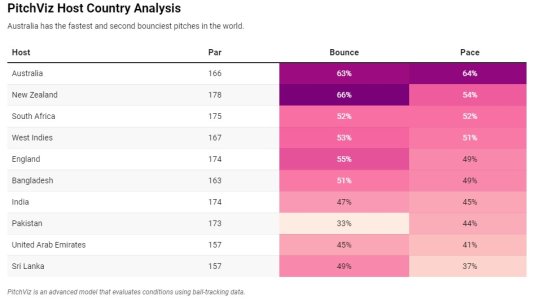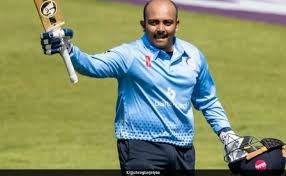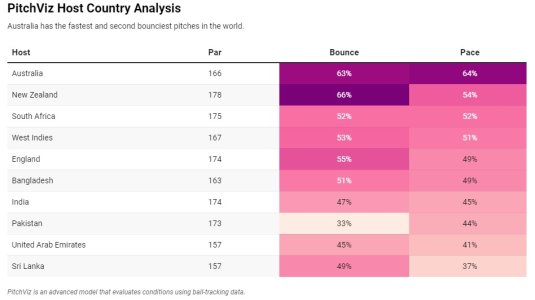That’s a bold assumption — and it ignores the margins that define elite sport. Cricket is increasingly a game of fine margins — milliseconds in the field, an extra yard of pace in the 49th over, sharper reflexes under pressure. Fitness isn’t a side quest anymore — it’s integral to execution.
You say Pakistan lost big ICC matches only due to pressure, not fitness? Let’s rewind:
- 2021 T20 World Cup semifinal vs Australia: Hassan Ali drops Wade at a crucial moment — fitness equals focus, and lapses happen when fatigue sets in. A sharper, more alert player might take that.
- 2022 T20 World Cup final vs England: Pakistan were superb with the ball, but couldn’t chase 138. Pressure, yes — but also lack of power-hitting depth and conditioning that shows up in those crunch moments.
- Fielding errors under pressure have been a consistent theme. And what does elite fielding demand? Not just skill — explosiveness, stamina, mental clarity, all of which trace back to fitness and, yes, diet.
New Zealand had a lean run from 2008–2012, but to say they were mediocre despite good fitness misses the point.
Fitness doesn’t guarantee success — but lack of it guarantees underperformance. Once McCullum took over, yes, mindset shifted — but so did culture, professionalism, and yes, training and conditioning. Under Gary Stead and Kane Williamson, they’ve become one of the most consistent sides across formats — and their fitness and fielding still set them apart.
Lastly, Comparing cricket to MMA or boxing to downplay the role of fitness is, honestly, ridiculous. We get it — MMA and boxing are brutally intense, full-contact sports with insane physical demands. But to say
“cricket isn’t like that, so diet and fitness aren’t that important” is a painfully shallow take. That’s like saying “swimming isn’t MMA either — so is Michael Phelps less fit than Tom Aspinall?” Completely different disciplines,
both demanding peak fitness — just in different forms.
Cricket isn’t about short bursts of violence like MMA. It’s about sustained physical and mental endurance
- A fast bowler covers 20+ kilometers over a Test match, and delivers 140+ km/h balls on Day 5.
- A T20 fielder like Glenn Phillips or Ravindra needs to sprint, dive, recover every few balls — for 3-4 hours straight.
- A top-order batter might bat 50 overs in sweltering heat. That’s cardio + core strength + mental focus — all fed by fitness and diet.
And even in T20s, which people assume are “short,” the level of explosiveness, recovery, and agility required is
incredible. Watch the way players like Hardik Pandya, Glenn Phillips, or Jadeja move — that isn’t happening on bad fuel and weekend-level fitness.










